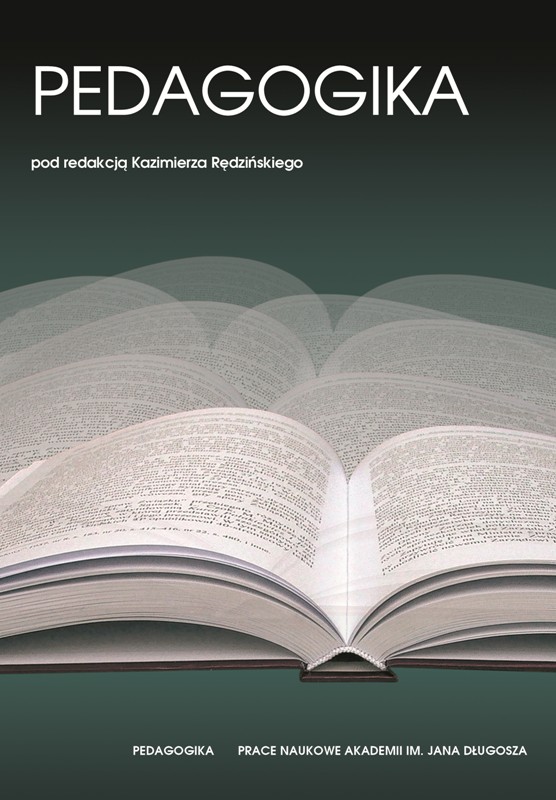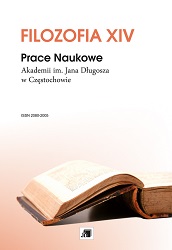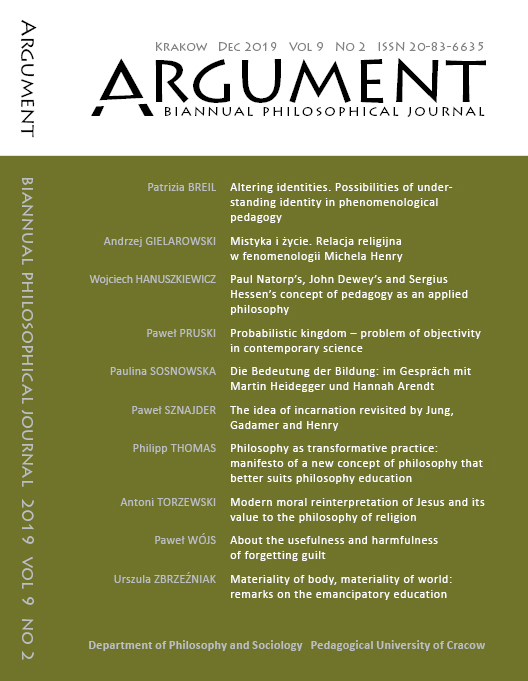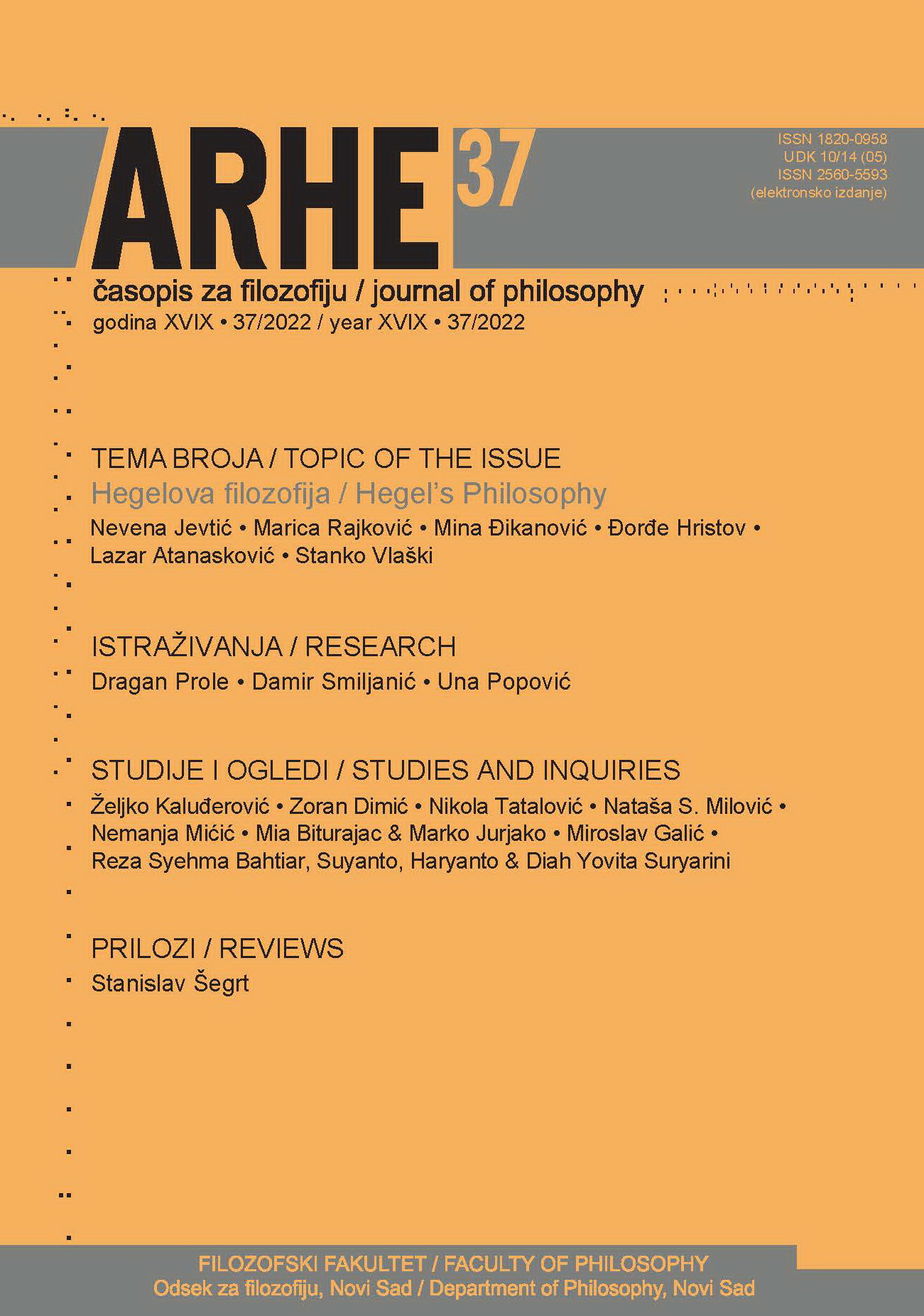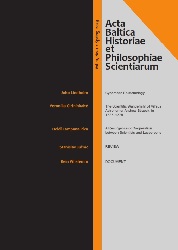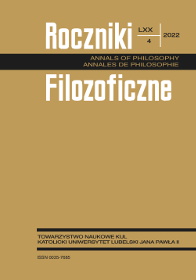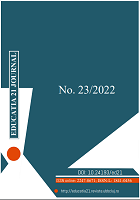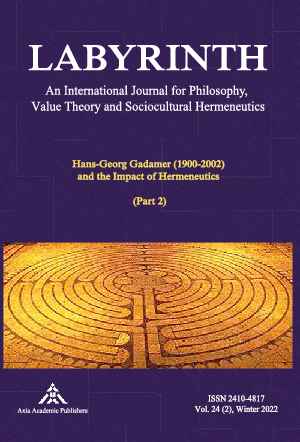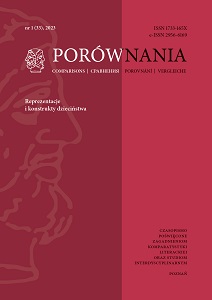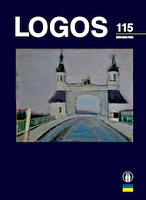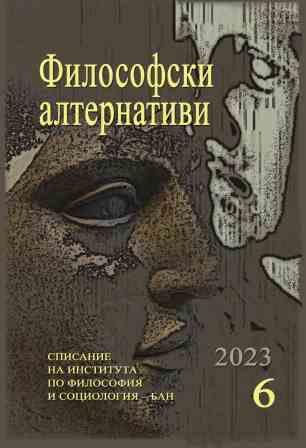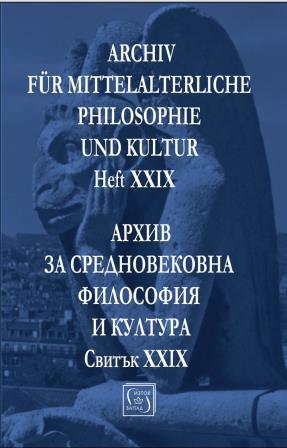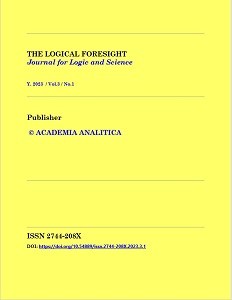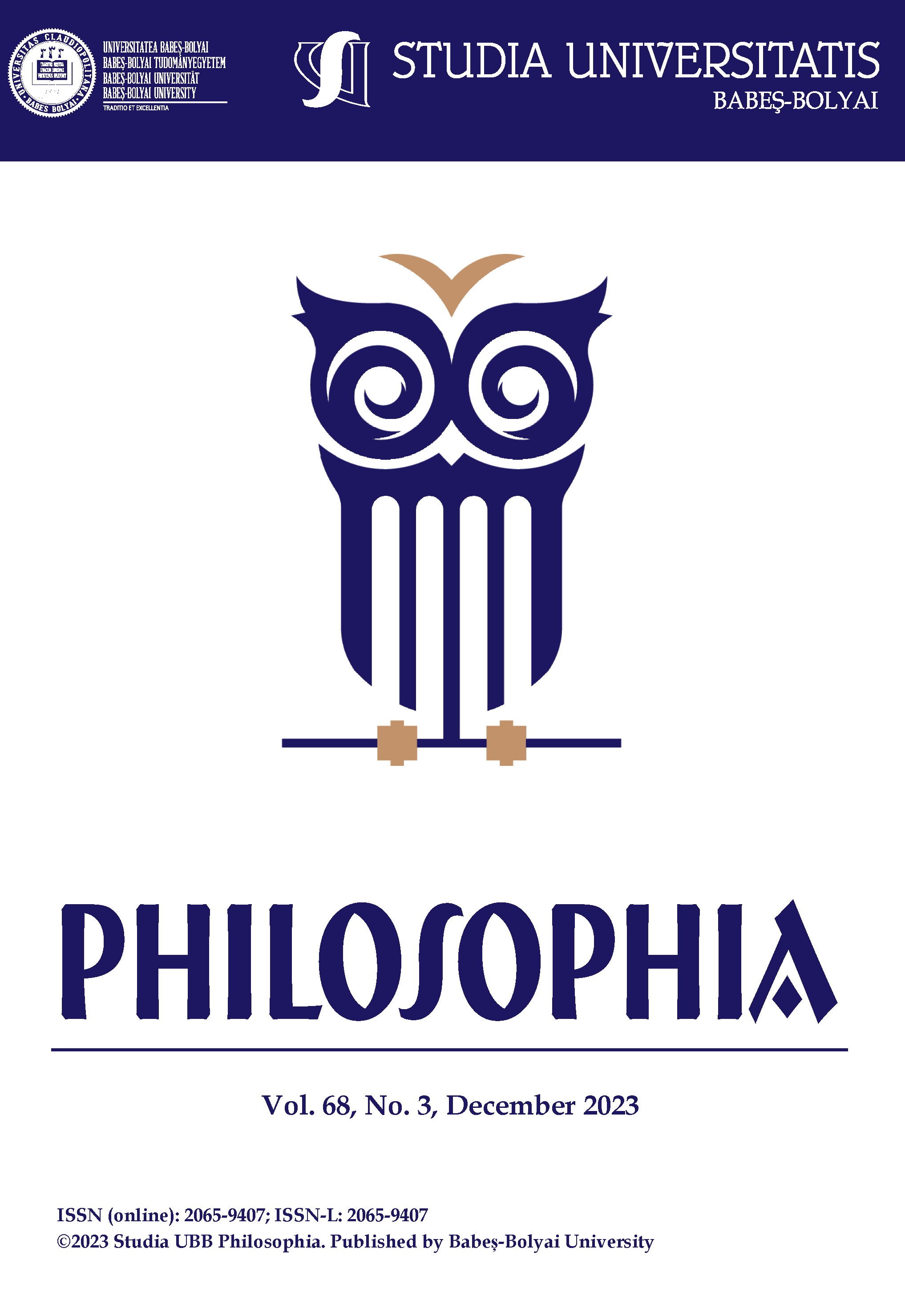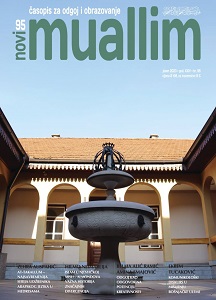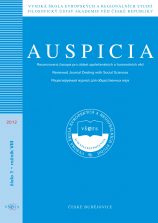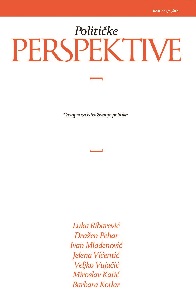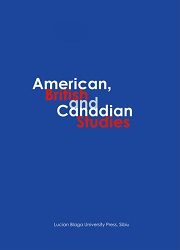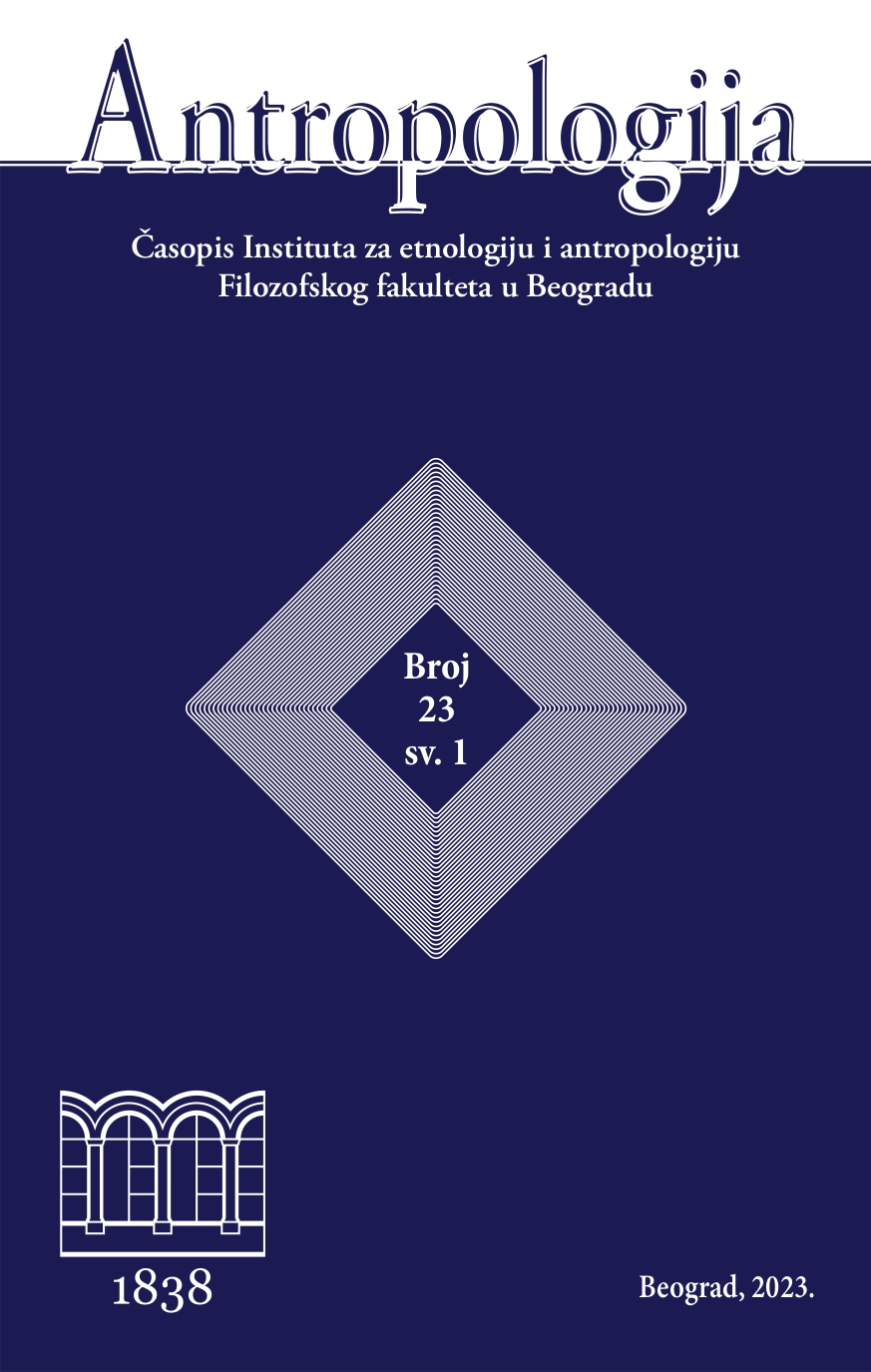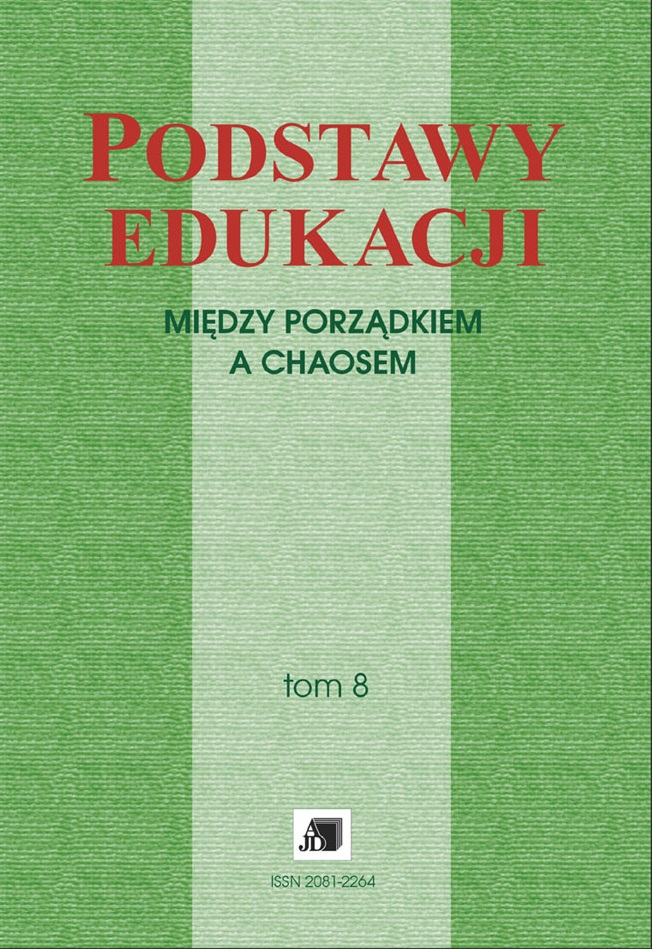
Refleksje nad powstaniem Völkerpsychologie w kontekście jej wpływu na psychologię, socjologię i pedagogikę
The aim of the article is to show the development of Völkerpsychologie and its influence onpedagogy. Völkerpsychologie is a branch of psychology founded by Moritz Lazarus and HeymannSteinthal. They coined the term “Völkerpsychologie” (psychology of nations or national psychology)which is also known as “ethnic psychology”. This direction of psychology is connected withthe person of Wilhelm Wundt which adapted many of the ideas of Lazarus and Steinthal andshaped them into his own theory. W. Wundt and his ideas influenced many of his pupils fromcountries like Great Britain and USA.
More...
